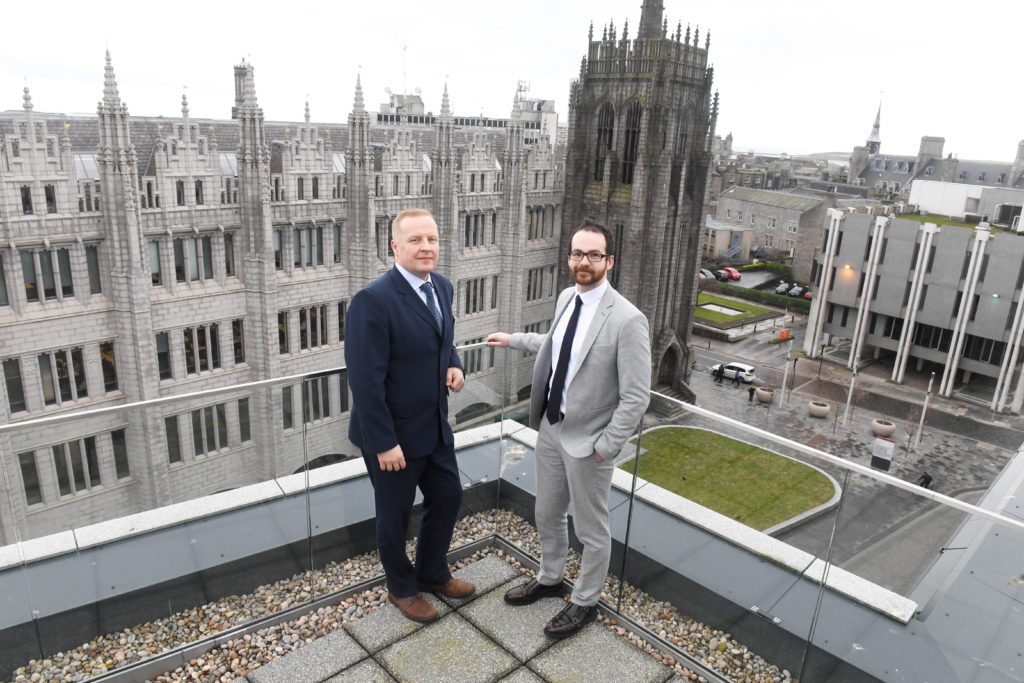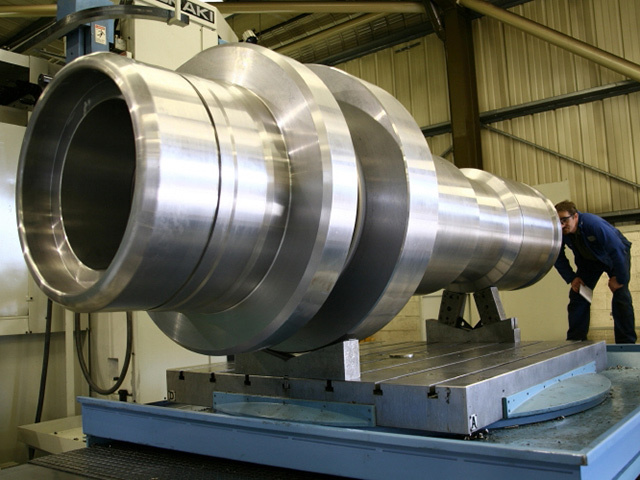
North-east businesses are broadly unprepared for a no-deal Brexit, according to the Aberdeen and Grampian Chamber of Commerce (AGCC).
The chamber is working to help companies prepare as best they can for the UK leaving the EU at the end of the month, and facilitate discussion between government and firms on the transition.
Shane Taylor, the research and policy manager at the AGCC, said there is a “diversity” of opinion and preparation from the oil and gas industry, depending on how the EU relates to their operations.
He said: “In terms of preparation, overall from a broad chamber perspective, we still think that business is not broadly prepared for no-deal in its current state.
“What we definitely have seen is a lot more specificity in term of firms coming to us and asking for specific guidance on certain issues
“Our latest Oil and Gas Survey in November showed around about half had done some sort of risk assessment and preparation for Brexit.
“There is still a significant proportion of businesses that have to look at that and a lot of that can fall into the SME side and micro-businesses.
“But, at least from our perspective, we are seeing that businesses are beginning to prepare in a much more detailed manner. There is still at least a proportion that is still to consider the impacts.”
The message from the chamber is that individual businesses will be affected in different ways but there are common concerns being raised around exports, movement of people and access to EU talent.
Despite this, the AGCC said it has an “open dialogue” with the UK government and there are resources available to help, but urged firms to come forward with any issues of uncertainty.
Some of these resources include the British Chambers of Commerce’s Brexit Business Checklist, which it circulates to members, as well as a series of key unanswered questions to government in a no-deal scenario.
Mr Taylor added: “We definitely asked for earlier clarity than what we have received.
“The thing I’d probably keep in mind with that is the government is trying to provide guidance and there are useful resources out there.
“From a chamber perspective we will continue to highlight points that we see as challenging, whether its staff transfers, data transfer, etc., there’s points of difficulty where the
government can provide clarity.
“We can assist in some areas but in the same way, businesses here are very different and they need to look at the resources out there.
“Firms have to engage directly with us so we can push it up to government. The more they can give us in terms of specific questions, the more clarity we can get for them as well.”
The organisation is also putting out advice on how firms can maintain competitive in a no-deal Brexit.
Girts Greiskalns, head of international trade at the AGCC, said they aim to help firms thrive even in that scenario.
He said: “The EU just one-third of the world related to trade. There are two-thirds of the world where you can do trade under the current terms and look for ways you can become more competitive.
“We’re looking at how companies can become more competitive despite the happenings around Brexit. One thing is to survive it but you have to sustain your pace.”
One area that work is underway here is on Authorised Economic Operator status (AEOS), one of the options highlighted by the UK government to help reduce the risk of delays at the post-Brexit border.
The certification introduced by the World Customs Organisation, marks that a company’s role in the international supply chain is secure, and can simplify the customs procedure.
Mr Greiskalns added: “If we compare statistically, only about 700 companies in the UK have this status, while in Germany it’s about 6,300, in the Netherlands its 1,500 so we are still slightly behind.
“This is something that can be done despite uncertainty caused by Brexit. It will in the meantime be of benefit to companies in their dealings with the EU.
“It is the right time for companies to look within their internal processes and supply chain, assessing how each part interacts and whether they could simplify it with something different
and more competitive.”
Recommended for you

